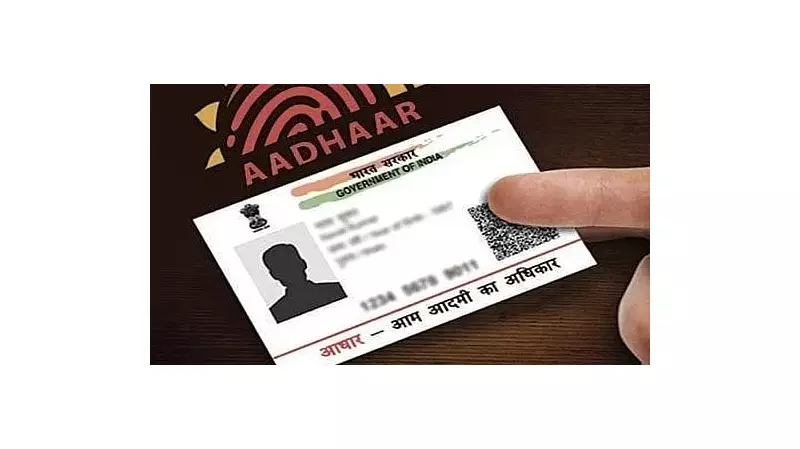
Trinamool Congress MP Saket Gokhale has launched a sharp inquiry into the Unique Identification Authority of India (UIDAI) following the revelation that a staggering 11.64 lakh Aadhaar numbers were deactivated in West Bengal. This massive deactivation has sparked serious concerns about potential voter disenfranchisement and the legality of such actions, especially with crucial elections on the horizon.
The controversy erupted after Gokhale, through a Right to Information (RTI) application, uncovered that these deactivations occurred between March 2023 and December 2023. The MP has now written a formal letter to the UIDAI CEO, demanding immediate clarification on the legal basis and specific reasons for this unprecedented move.
The Scale of Deactivation and Political Implications
The RTI data revealed a shocking total of 11,64,512 deactivated Aadhaar numbers specifically from West Bengal. This figure becomes particularly significant in the politically sensitive state, where even small demographic shifts can influence electoral outcomes. Gokhale has directly linked this action to the upcoming elections, suggesting it could be a deliberate attempt to disenfranchise legitimate voters.
In his communication with UIDAI, the TMC parliamentarian questioned whether the deactivation was a targeted effort to remove certain individuals from the voter list. He emphasized that such a large-scale invalidation of identity documents creates unnecessary hardship for common citizens and raises fundamental questions about democratic processes.
Legal and Procedural Concerns Raised
The MP's inquiry goes beyond the political implications to address core legal and procedural issues. Gokhale has demanded to know under which specific legal provision or Supreme Court order these deactivations were authorized. He has also sought detailed information about the verification process used before deactivating these numbers and whether affected individuals were given proper notice and opportunity for hearing.
Another critical aspect of the investigation focuses on the geographical distribution of these deactivations. Gokhale has asked UIDAI to provide a constituency-wise breakdown of the affected Aadhaar numbers, which could reveal if certain regions were disproportionately targeted. Additionally, he has inquired about the mechanism for reactivation and whether any fees are being charged for this service.
Broader Impact and Public Response
This development has triggered widespread concern among residents of West Bengal, many of whom depend on Aadhaar for essential services, banking operations, and government subsidies. The sudden invalidation of over 11 lakh identity documents could disrupt access to crucial services for countless families.
Public advocacy groups have joined the chorus of concern, questioning the transparency of UIDAI's operations. The timing of these deactivations, occurring over a nine-month period leading up to election season, has added fuel to the political fire. Opposition parties have seized upon the issue to criticize the central government's handling of the Aadhaar system.
As the controversy deepens, all eyes are on UIDAI's response to the MP's detailed queries. The authority's explanation will be crucial in determining whether these deactivations followed due process or represent a concerning precedent in the management of India's foundational identity system.





